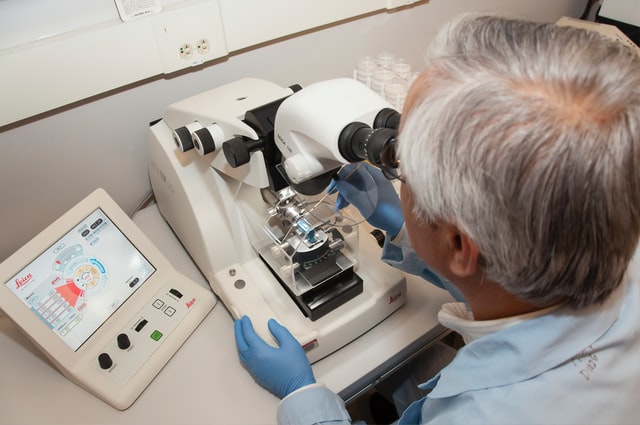Blood doesn’t get much respect. During the course of a typical day, most people either fail to think about the fluid that is traveling throughout their bodies, or they are dismayed by the sight of blood. They cover their eyes during bloody scenes in movies and look away whenever a sample of blood is collected by stem venipuncture Madison County Illinois. Blood does, however, play a vital role in ensuring that people stay healthy and alive.
Blood Constituents
The components of blood include red blood cells (RBCs), white blood cells (WBCs), platelets (cell fragments), and plasma (liquid containing water, salts, glucose, proteins, and lipids). RBCS deliver oxygen from the lungs to the cells in the body and transport carbon dioxide (waste product) back to the lungs for removal, WBCs assist the body in fighting infections, platelets allow the blood to clot so that bleeding can stop and repair can begin, and plasma helps the body to maintain appropriate levels of blood volume and blood pressure.
Blood Transfusions
Given the vital roles that blood plays, it’s not surprising that substantial blood loss can be life-threatening. Fortunately, individuals who have lost a large amount of blood, such as due to injury or during surgery, can receive blood transfusions. Individuals might also have a bleeding disorder or a disease that prevents the body from making blood appropriately. Transfusions of whole blood, which contain all of the parts that make up the blood, are possible but not as common; transfusions of RBCs occur more often.
Possible Risks
Although blood transfusions are generally regarded as safe procedures, they are not entirely free of risk. Allergic reactions, which often result in fever, hives, and itching, represent a common complication. These can take place during the course of the transfusion or several days afterward. Fortunately, bloodborne infections, which have the potential to be life-threatening, are extremely rare. Blood banks must carefully screen donors and test the donated blood in order to reduce the chances that a transfusion-related infection (such as Hepatitis or HIV) will occur. Blood can truly be life-saving.

